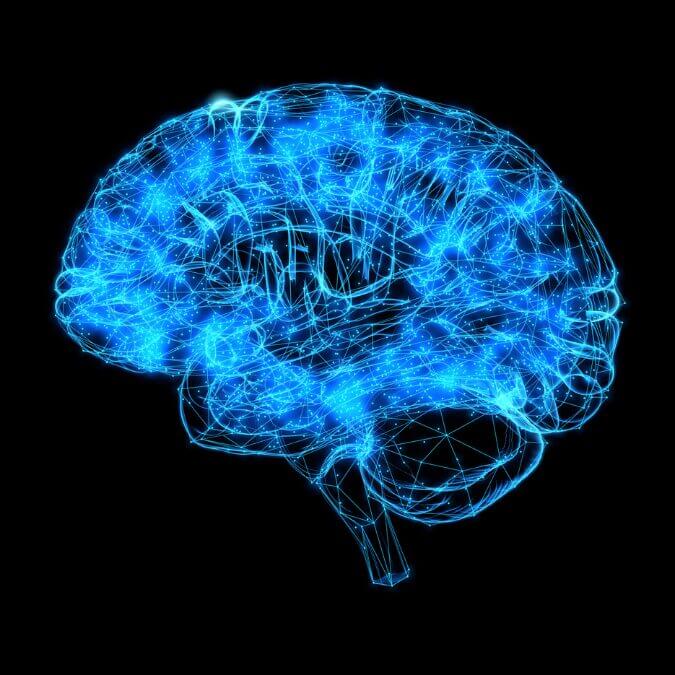When someone is sick with a medical condition, the recovery plan will likely include some sort of medication. As with any disease a person may be battling, why not access the power of medication supported recovery (MSR) for the best chance at successfully overcoming the disease of opioid addiction?
In recent years, opioid addiction has revealed itself to be an equal opportunity destroyer. Impacting a wide swath of humanity, the opioid epidemic has affected every walk of life, regardless of socioeconomic class, ethnicity, level of education, or gender. Health has been decimated, relationships broken, careers upended, purpose destroyed, and, tragically, lives lost.
Recovering from opioid addiction involves a steely commitment to adhering to a new lifestyle, one that excludes the old haunts, dysfunctional acquaintances, and disordered behavior patterns that kept one imprisoned in the cycle of using. All that must be cast off so a new way of living has the opportunity to bud and bloom.
That being said, the biggest hindrance to achieving this new sober lifestyle is the nagging threat of drug use reoccurrence. Over the period of active opioid use, brain structures have adapted to the consistent presence of the drug, carving out deeply ingrained neural pathways that pose a powerful challenge to recovery efforts.
MSR provides a medical intervention that can dramatically improve the newly sober individual’s ability to stay that way by reducing the risk of relapse. When used in tandem with continuing care activities, including outpatient therapy and a recovery support community, MSR plays an important role in helping the individual maintain abstinence.
How MSR Aids Recovery Success
The prudent use of medications in the recovery process can significantly reduce drug cravings, which is the most potent risk to achieving a sustained recovery. The medications used in recovery, such as buprenorphine and naltrexone, provide a function that helps to reduce the cravings for the opioid, resulting in reduced desire to use.
The licensed provider-prescribed medication essentially becomes an important recovery tool. Because of the ongoing relationship with the provider, as medications are closely monitored while in use, the individual in recovery will remain actively engaged in his or her treatment plan and aftercare. In early recovery, this is ongoing engagement is a key aspect of succeeding. Maintaining connections to the recovery program post-discharge is a significant protective factor that cannot be overstated. Accountability, adherence, and action all come into play in early recovery, elements of recovery that can be supported and encouraged through outpatient services.
About MSR
So how does MSR work, exactly? The effect of MSR on the brain, and how it assists the individual in maintaining long-term sobriety, is key to understanding the role that MSR can play in the overall treatment continuum. Two medications used for the purpose of supporting recovery from opioid dependence are naltrexone and buprenorphine.
Naltrexone: Naltrexone, sold under the brand names Vivitrol and Revia, is a non-narcotic opioid antagonist used to support recovery from opioid or alcohol dependence. Naltrexone binds to the brain’s opioid receptors and effectively blocks any opioid effects, reducing the desire to return to the drug. Naltrexone comes in pill form, as a patch, an implant, or as an injectable. For those who are chemically dependent on opioids, naltrexone should not be administered until detoxification is completed.
Buprenorphine: Buprenorphine is an opioid partial agonist that binds to the brain’s opioid receptors, but not perfectly. Although the medication tricks the brain into thinking it has been satisfied with an opioid, it does not experience the complete effect. The medication occupies and blocks the receptors for a prolonged period, leading to reduced cravings for opioids. Buprenorphine comes in tablet or film form to be used sublingually, and there is now an injectable form that can be used monthly. Buprenorphine therapy should not be introduced until the patient is in mild to moderate withdrawal.
Combining MSR with proven continuing care efforts, such as outpatient therapy, continuing education, sober living housing, and participation in a mutual support recovery community, can dramatically enhance recovery outcomes. The individual who is committed to achieving abstinence and makes a sincere effort to adopt a new, sober lifestyle is a great fit for including MSR in their recovery toolbox.
Ashley Addiction Treatment is dedicated to helping individuals achieve their long-term recovery goals. For more information about MSR or about our luxury rehab program, please reach out to our team at (866) 313-6307.




